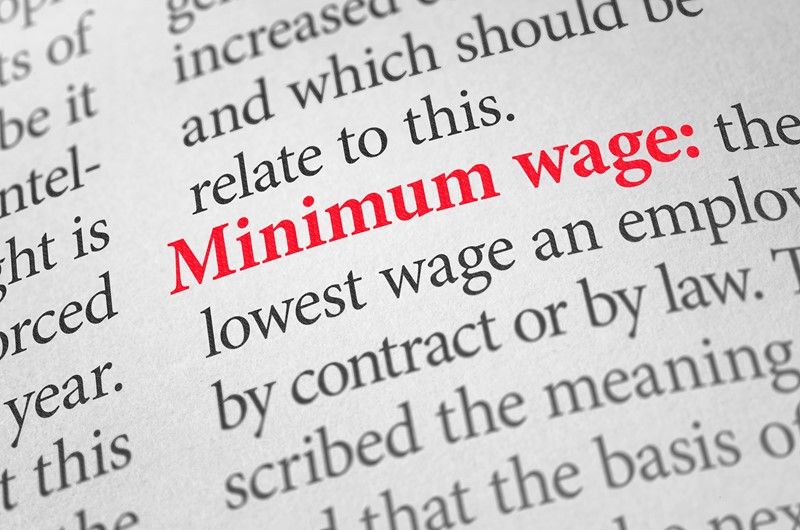Enforcement of the minimum wage
The Department for Business & Trade has recently published a report that outlines the government’s enforcement of the National Minimum Wage (NMW) and National Living Wage (NLW) for the 2024–25 financial year.
The Government is committed to ensuring that all workers receive the minimum wage to which they are entitled, and HMRC enforces this on its behalf through a strategy known as ‘Promote, Prevent and Respond’.
The ‘Promote’ strategy aims to address non-compliance due to lack of understanding rather than deliberate underpayment, focusing on improving information for employers so they can meet their legal obligations. If employers continue to neglect compliance, full enforcement actions are taken.
The ‘Prevent’ strategy targets employers who intentionally underpay workers, by highlighting the consequences of non-compliance to deter such behaviour.
The ‘Respond’ strategy comes into play when HMRC identifies non-compliance, either through worker complaints or its targeted enforcement activities. If an employer is found to have underpaid workers, HMRC issues a Notice of Underpayment (NoU), requiring the employer to repay the wages within 28 days and imposing penalties. Serious cases may result in a labour market enforcement undertaking (or order). In the most serious cases criminal prosecution can also be pursued by HMRC.
The budget for enforcement increased from £31.2 million in 2023-24 to £31.5 million in 2024-25, enabling HMRC to expand its compliance team and increase its investigative efforts to improve wage compliance and protect workers’ rights.
As a reminder, the current NMW and NLW rates took effect on 1 April 2025. The current hourly rate for the NLW is £12.21. For those aged 18 to 20, the NMW is £10.00 per hour. Workers aged 16 to 17 and apprentices are entitled to £7.55 per hour.




